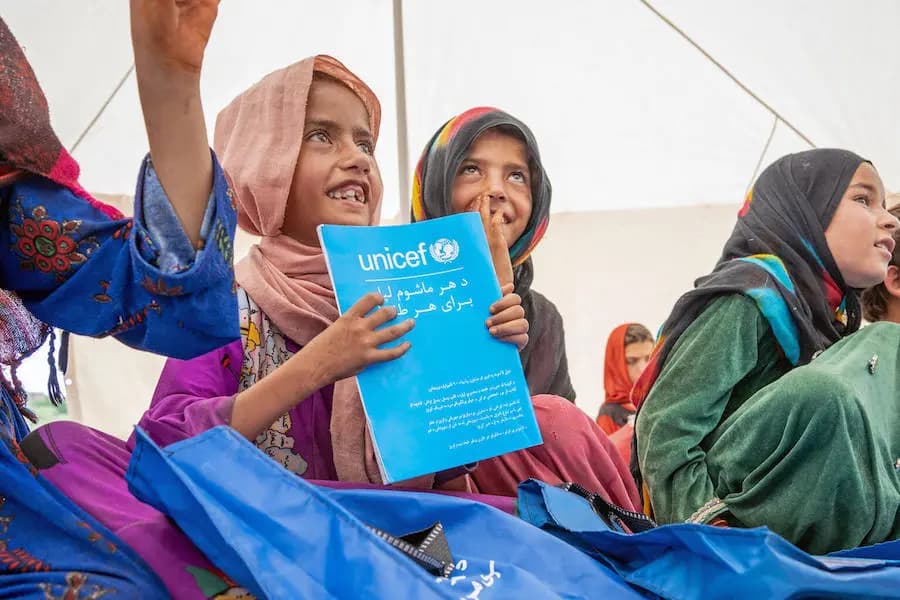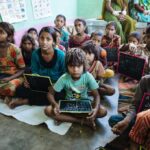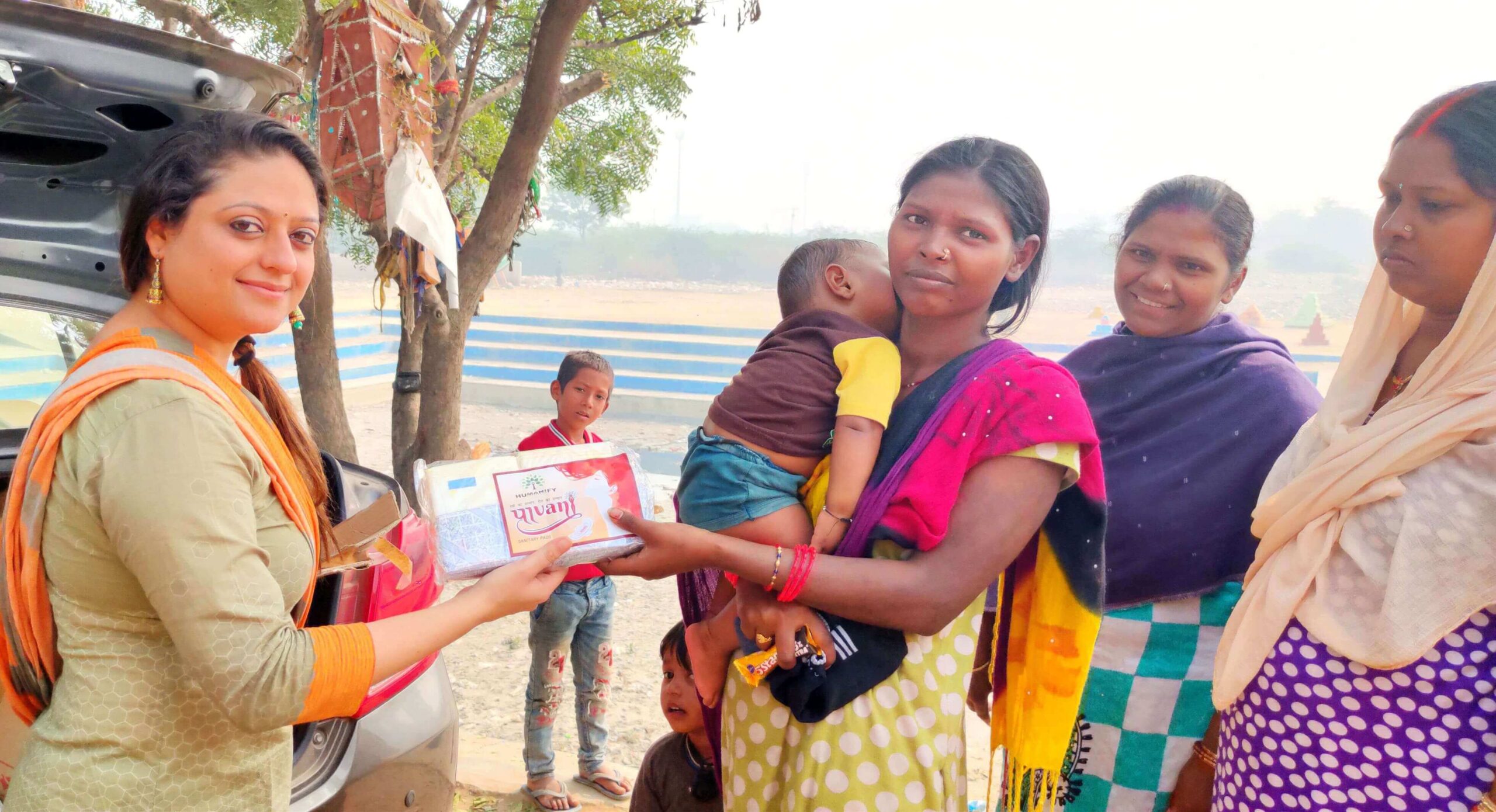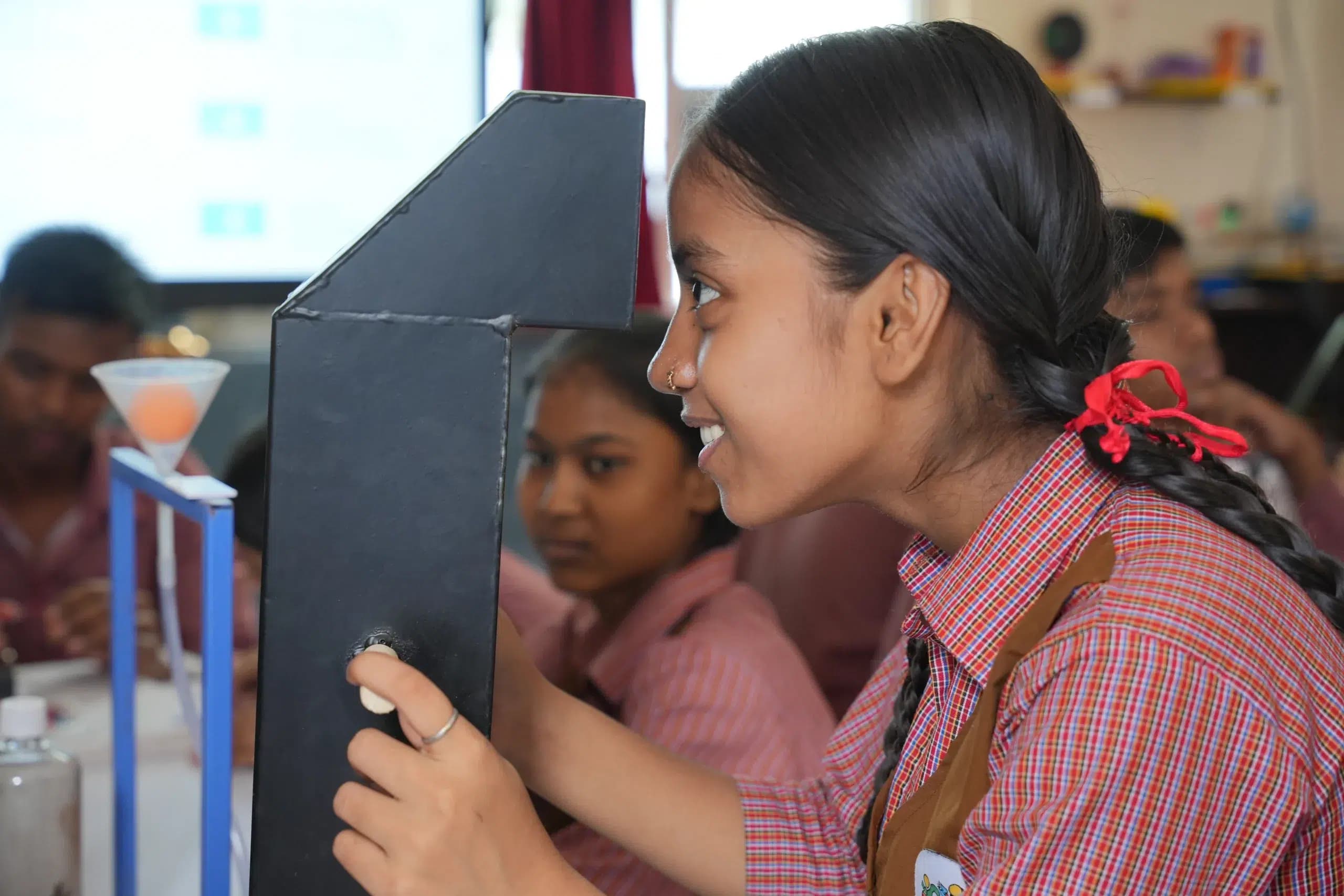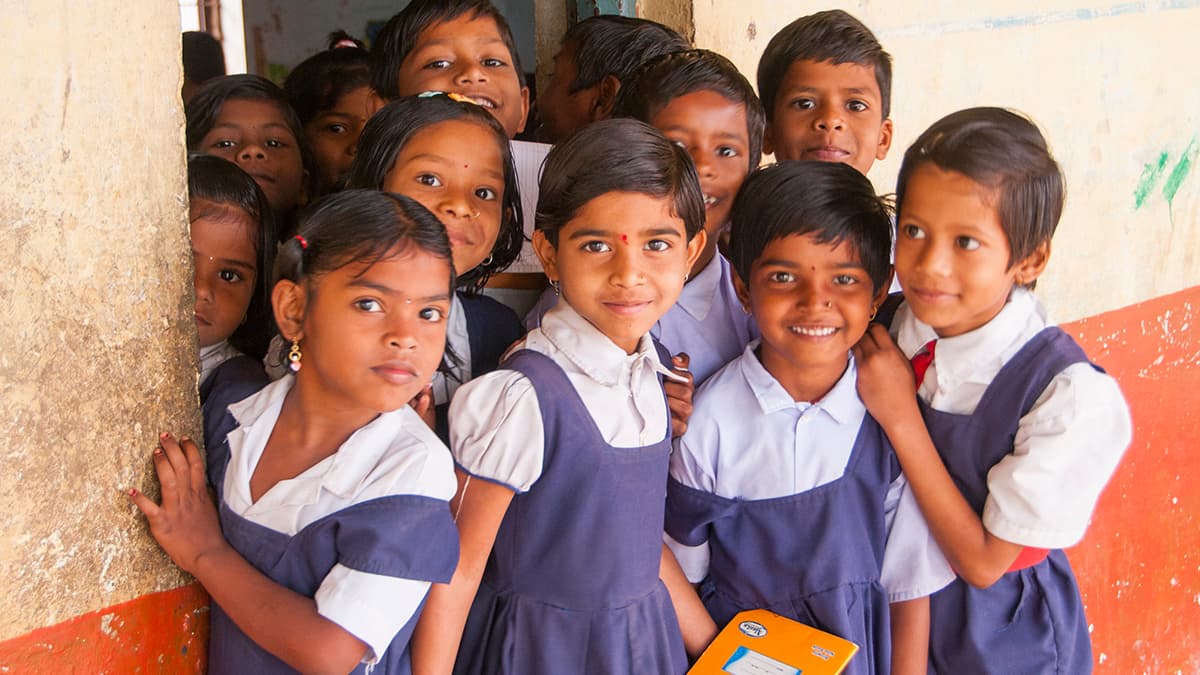Even though we’ve made progress getting more girls in school, millions around the world still can’t go or stay enrolled because of some big issues.
It’s not always just about money or buildings; many things are just part of how society works. Things like cultural expectations, gender roles, getting married young, and safety concerns keep girls from learning.
These unseen problems really affect their futures, especially in struggling areas. It’s really important to understand these problems and fix them so girls have equal chances in education. Let’s look at five social issues that quietly stop girls from going to school, and how we can fix them.
1.Gender Stereotypes and Cultural Expectations
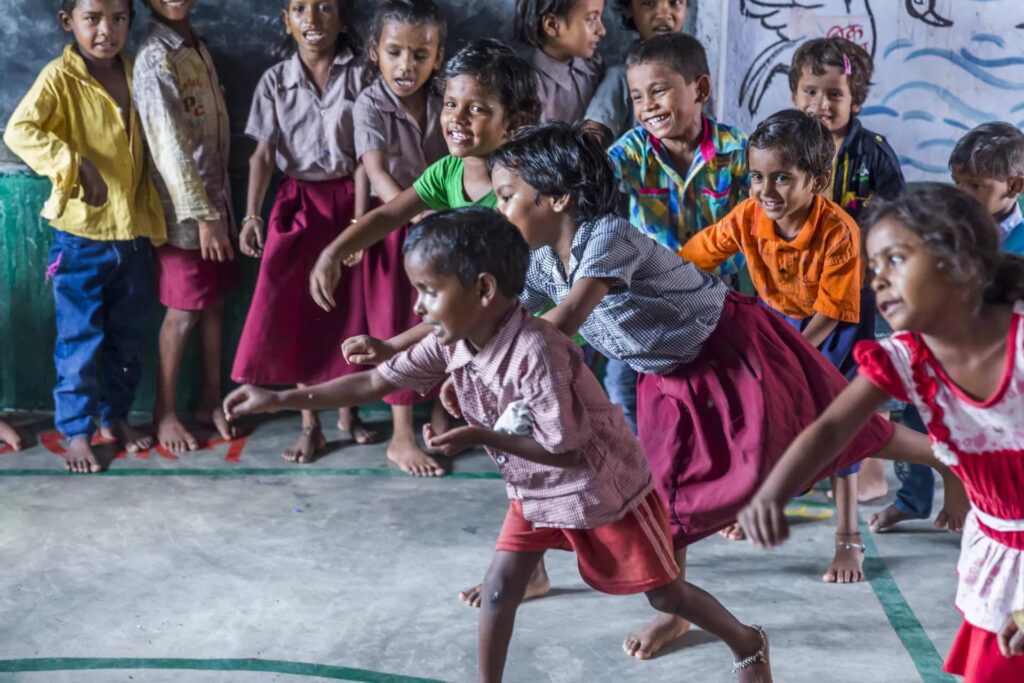
In many places, traditional beliefs about gender say that girls belong at home, and not at school. Often from the time they are young, girls are trained that it is more important to get married, have children, and take care of a family rather than to learn or develop as a person.
Because of these beliefs, families are more often encouraged to send their boys to get an education, considering the future of girls will not warrant the additional investment, and that education should be saved for boys because girls will one day be married off without helping with finances.
In some cultures, girls who do attend school are looked upon as being bad, or worse, too modern. This not only limits the actions of girls, it affects how girls think about themselves and their interest in learning in these mindsets.
For change to happen, communities must create an awareness of the issue, allow for good examples for girls, and create policies that give everyone an equal opportunity to an education. This will allow for opportunity to not be bound to traditional expectations of a girl’s future.
2. Early Marriage and Childbearing
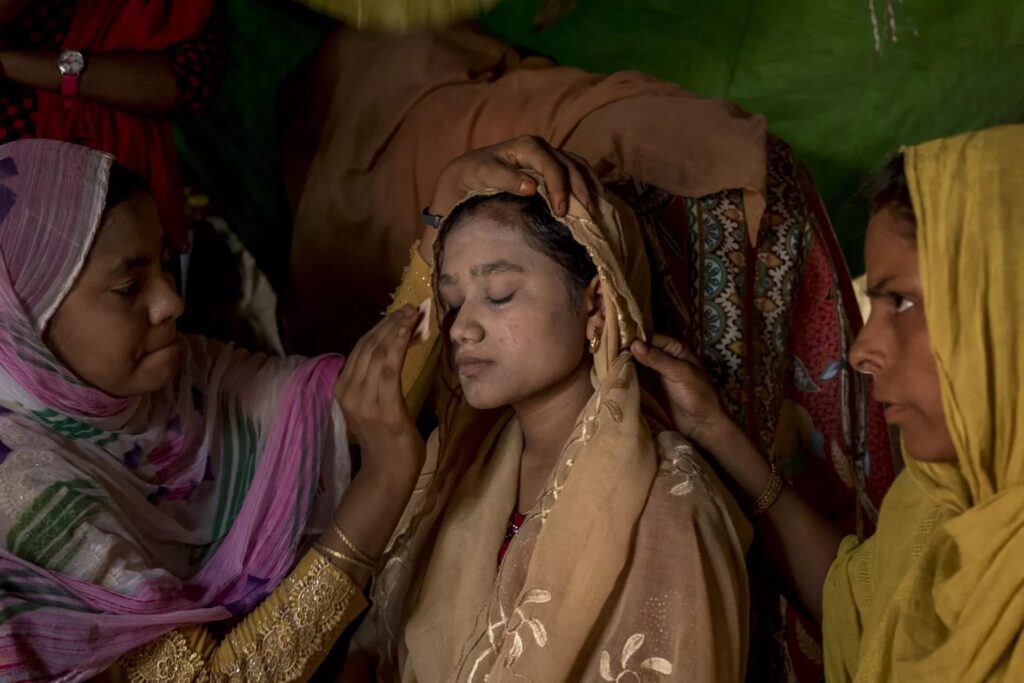
Getting married too early is still a massive issue that stops girls from getting an education, especially in rural areas and poor communities. Unfortunately, when girls get married too early, they usually stop going to school.
Society expects them to be adults, taking care of the home, food, and kids. This not only stops them from learning, but leaves them no opportunity to go to school again.
Being pregnant, birthing babies, and raising children when you are a child is hard on your body and mind, and makes studying impossible.
Nearly all cases maternity issues happen because of poverty, conservative traditions, their belief that they will be safe if they marry, and ignorance.
The response must be community, we must make sure laws are in place, make sure the laws are enforced, and that girls have access to education to make choices regarding their future.
3.Safety Concerns and Lack of Sanitary Infrastructure
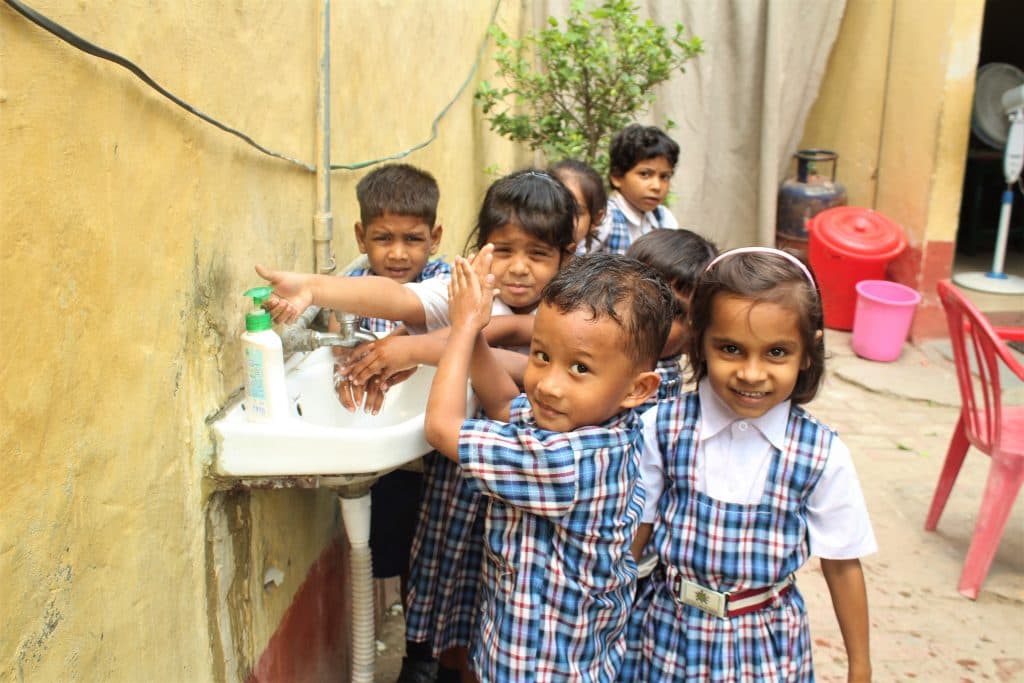
For many girls, getting to school can itself be an anxiety-inducing challenge. Many girls will walk long periods, and the parents must worry about the potential for safety, violence and harassment – especially for the older girls. When this is what is worrying parents, some parents may also choose not to send them to schools whatsoever.
Even at school, girls may feel unsafe and concerned when free adults are not around to supervise or there are no safe places to be. Similarly, hygiene, usually around bathrooms and periods, also forces girls to be absent or drop out completely.
This sounds more familiar for girls disabled, in rural areas or from economically disadvantaged schools. In short, to be able to have all girls safely at school and feel respected, we need to ensure safe travel to school, safe school buildings and safe touch points for hygiene.
4. Household Responsibilities and Domestic Work
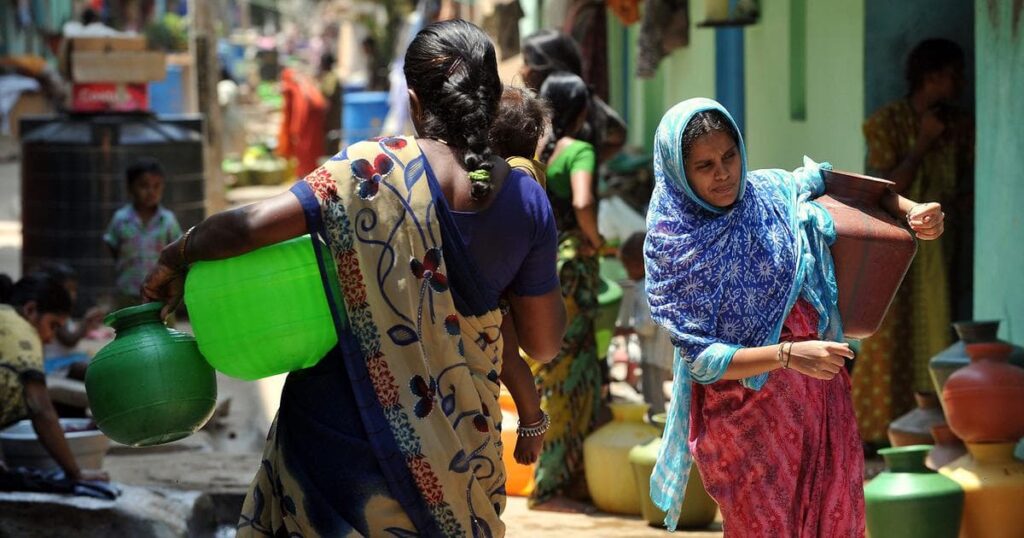
In several rural and low-income households, girls as young as six years old are expected to perform duties in the household without pay, and children can take on heavy workloads.
They have to do tasks like cooking, cleaning and preparing food, fetching water, care for siblings and help usher in elderly family members. These tasks almost always conflict with school hours or leave little energy for studying.
While boys are usually afforded the time, opportunity and space for school work, often girls are burdened with uncompensated labor and do not share equal educational access.
It is common within these families to believe a girls responsibilities are primarily home/family values. All domestic labor negatively impacts girls educational opportunities, and in time this domestic labor becomes irregular school attendance, failing grades or altogether dropping out of school.
This is why it is important we empower families and I believe support systems that will ensure domestic labor does not deprive girls their right to education.
How Ombre India Foundation is Tackling Social Barriers to Girls’ Education
The Ombre Media Foundation helps tell stories and start projects that question social norms and fight for equal rights for all genders, especially when it comes to going to school.
One of the biggest things keeping girls from getting an education is the old-fashioned idea that they belong at home. Things like being poor, getting married young, feeling ashamed about periods, and not having safe places to learn also make it tough for them to get an education.
These problems aren’t just about culture—they’re built into the way things work. if we want to fix them, we have to change how people think and how our systems work. Help us build a world where every girl gets the education she deserves—donate or volunteer now!


